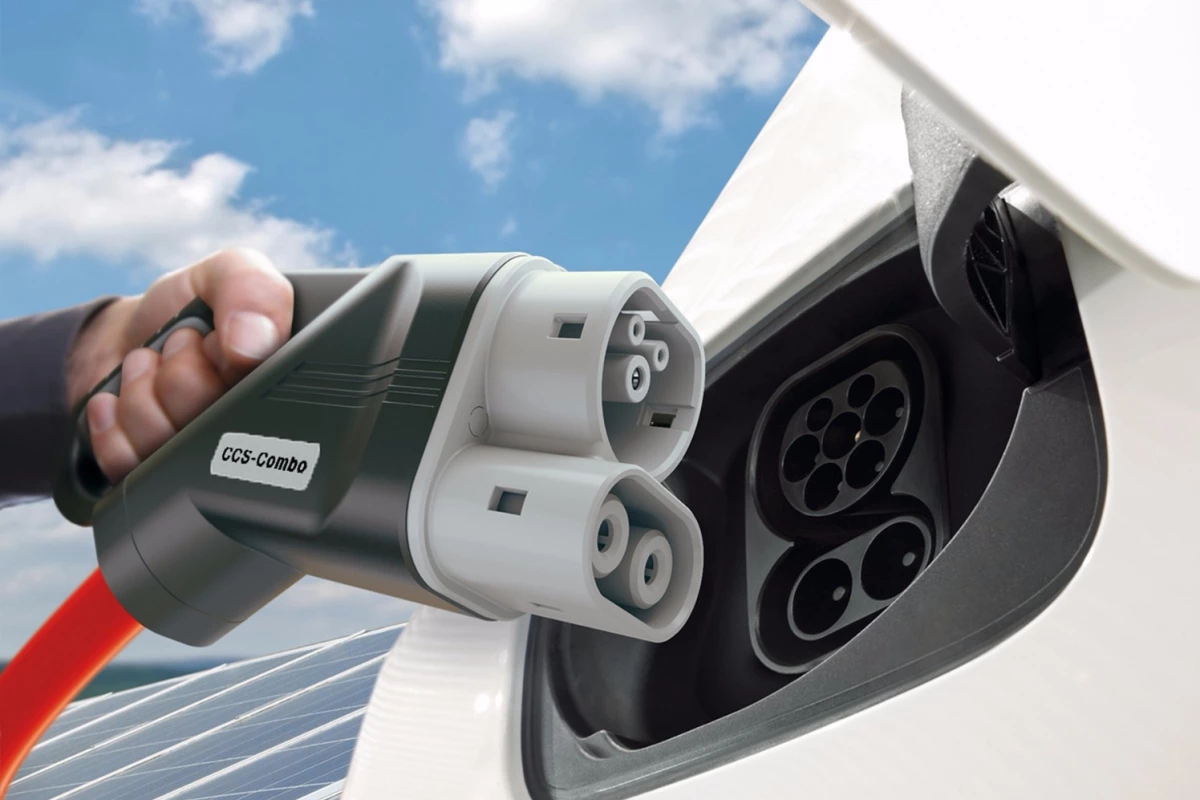A consortium of major carmakers is planning a high-powered fast-charging network for electric vehicles in Europe. BMW Group, Daimler AG, Ford Motor Company, Volkswagen Group, Audi and Porsche are targeting an initial 400 sites with chargers of up to 350 kW.
The ultimate aim of investing in the network is to encourage the mass-market uptake of EVs – a sign, the carmakers say, of their "belief in the future of electric mobility." By rolling out chargers along highways and major thoroughfares, the intention is to enable long range EV travel.
The 350-kW chargers rolled out will be based on the Combined Charging System quick charging standard that can be used by any car brand. The plan sees the further development of the existing technical standard, allowing compatible vehicles to be charged more quickly than with the most powerful chargers currently in use.
It is claimed the network will be the highest-powered in Europe. The use of 350-kW chargers to enable long-range EV use with a view to encouraging EV uptake mirrors the planned approach outlined by the US government.
The carmakers involved have signed a memorandum of understanding for the creation of the network and intend to start work next year. By 2020, it is hoped that thousands of the high-powered charging points will have been rolled out.




